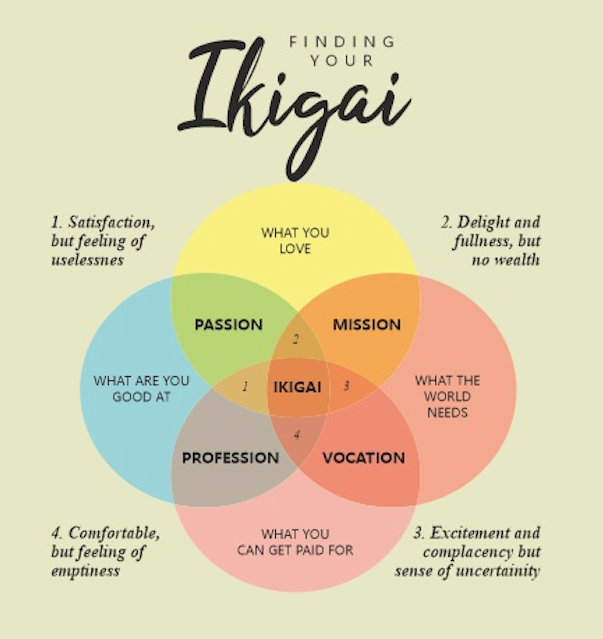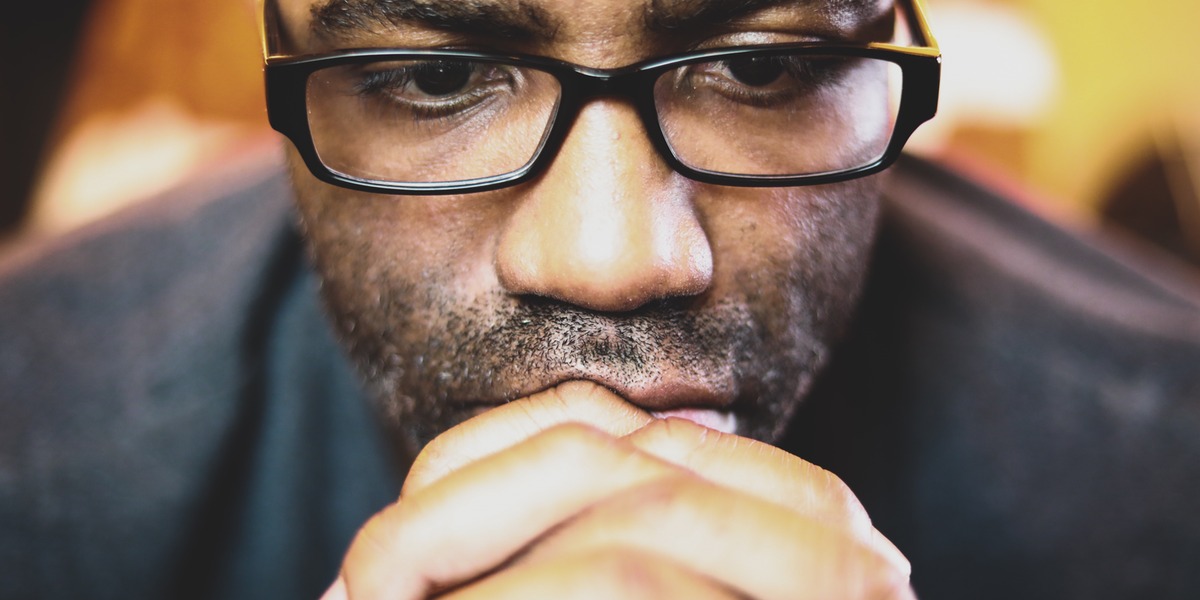Epictetus, the Greek Stoic philosopher, was the first to say it. “We have two ears and one mouth so that we can listen twice as much as we speak.” But listening is not always about what we hear; it’s what we can begin to intuit. When it comes to our feelings, we have to learn to become more intuitive and listen to what our emotions are trying to tell us.
Our mental health is increasingly under attack, it’s hard to find the time for our own personal growth, development and rest. As our brains get tired, our emotional intelligence and physical stamina both take a knock. The global lockdowns of 2020 held a microscope over our mental and emotional health as we saw startling changes in every system, from healthcare, education, commerce and politics to social engagement restructuring, with sports clubs, gyms, and extra-curricular activities mostly grinding to a halt.
With very little external social input (and outlet) and reduced creative engagement, we were forced to find purpose and meaning outside of everything we once considered unshakable. We were forced to look inside and discover a host of emotions that are not often talked about outside of therapy. It’s helpful to take these conversations further and find common spaces to change how we think about things that may have a negative connotation for us.
Identifying and talking about our emotions helps us think differently and enables us to act differently. How we make, spend, insure and invest our money are all actions that are strongly influenced by how we feel.
Epictetus also said that we are disturbed not by things, but by the view which we take of them. This means that changing how we think can impact how we feel. Here is a short list of common emotions and an accompanying action that we can choose to employ instead of going out and spending (blowing) money or making poor financial life decisions.
-
- Sadness might be telling me to have a good, long cry. Letting out the tears is a healthy physical release to process what we’ve lost.
- Loneliness might be telling me I need connection. It is not about how many ‘connections’ we have on LinkedIn or Twitter, or Facebook. It’s about establishing a conversational connection with someone I can identify with, relate to and trust.
- Resentment might be telling me I need to forgive. Forgiveness is more about releasing myself than the other person.
- Emptiness might be telling me to do something creative. Rather than going out and buying more stuff, I should take a moment to explore my creative energy.
- Anger might be telling me to check in with my boundaries. Checking my boundaries is a proactive way to avoid the same thing happening again.
- Anxiety might be telling me to breathe. Breathing slower and deeper helps me become focused on what I can control.
- Stress might be telling me to take it one step at a time. I don’t have to do everything at once; I can break it all down into manageable, bite-sized chunks.
Learning to listen to our feelings is an excellent skill for handling all sorts of problems, not only our financial frustrations. It is a skill that will also help us notice what others might be feeling and grow in our empathy and sympathy for them.











